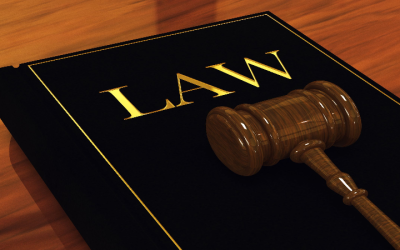Under the workers’ compensation system, employers must buy insurance that offers benefits to employees injured on the job. This system is the result of a compromise between workers and employers, where workers receive benefits regardless of who caused the accident. In return for the investment, employers are protected from lawsuits by employees who claim mental anguish or pain and suffering.
Workers’ compensation programs follow state laws, and every state’s system is slightly different. There is a separate federal workers’ compensation system for government employees. The main differences between systems are the procedures followed by employees, employers and insurers, and the rate given to injured workers. To learn more about your state’s laws, contact its department of workers’ compensation.
Situations Covered By Workers’ Compensation
Workers’ compensation laws only cover work related illness or injury, but the harm does not have to happen at work. For instance, an employee is covered if injured while on a business trip or social function. Covered situations range from sudden accidents to injuries that occur over time. For instance, workers have received compensation for repetitive stress injuries and chemical exposure-related illnesses. If an illness or injury is the gradual result of an employee’s working conditions, it is covered under New York State Workers’ Compensation Law.
What’s Not Covered
Not all workplace problems are covered by New York State Workers’ Compensation Law. Below are listed some situations in which coverage can be denied.
- Injuries as the result of intoxication
- Self inflicted injuries
- Harm happening as the result of an altercation started by an employee
- Horseplay injuries
- Injuries related to a felony
- Off-the-job injury
- Claims coming after termination
When Can a Worker Sue an Employer
Employers are largely protected by workers’ compensation programs, but there are situations where they are still vulnerable to legal actions by employees. Every state has different rules, and there are limited circumstances where a worker could sue an employer. In some areas, if an employee is hurt due to an intentional act by an employer, that worker can avoid the workers’ compensation system . If the employee prevails, they can recover damages for pain and suffering, loss of enjoyment and loss of income. The same outcome could occur if an employer does not have adequate workers’ compensation coverage.






